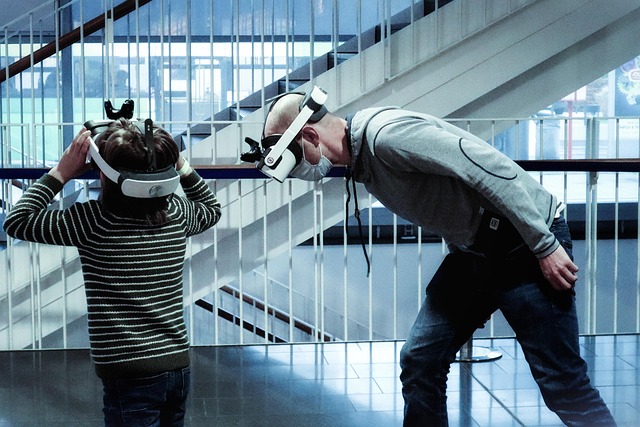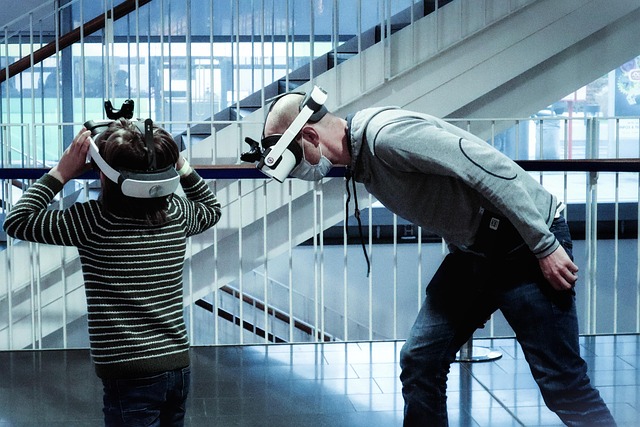Exploring the Future of Gaming: VR Programming and the Rise of the Metaverse
As technology continues to evolve at an unprecedented pace, the gaming landscape is undergoing a radical transformation fueled by VR programming and the burgeoning concept of the metaverse. Players can now immerse themselves in virtual worlds that defy the boundaries of reality, blurring the lines between the virtual and the physical. It’s a thrilling time for gamers, developers, and tech enthusiasts alike.
At the heart of this revolution lies virtual reality (VR). Through sophisticated programming, developers are creating experiences that transport users into fantastical realms where they can explore, interact, and engage in ways previously thought impossible. Imagine strapping on a VR headset and finding yourself in a fully-rendered medieval village, where you can converse with NPCs, join epic battles, or embark on quests as if you are right there in the thick of it. Such possibilities are no longer just the domain of science fiction; they are fast becoming our new reality.
Augmented reality (AR) also plays a crucial role in enhancing the gaming experience. By overlaying digital elements onto the real world, AR enables gamers to interact with their environment in new and innovative ways. Think about the iconic Pokémon GO, where players can hunt for virtual creatures in their local parks or streets. As AR technology continues to advance, the potential for creating intricate games that blend seamlessly with our everyday lives is limitless.
As the lines between virtual reality and augmented reality fade, the concept of the metaverse emerges as an all-encompassing digital universe. It acts as a nexus where users can socialize, play, work, and create across interconnected virtual spaces. The rise of the metaverse presents a unique opportunity for VR programming to flourish, as developers can build expansive online worlds that offer activities beyond just gaming. Picture a vibrant metaverse where you can attend concerts, conduct business meetings, or simply meet friends across the globe – all from the comfort of your home.
The community aspect of gaming is also being redefined through the metaverse. Immersive platforms allow players to build relationships, foster collaborations, and even establish virtual economies reminiscent of real-world markets. Imagine creating a business venture with fellow gamers or hosting a digital gallery to showcase your achievements and in-game collectibles. This interconnectedness enhances the social layer of gaming, making experiences more enriching and engaging.
As we look to the future, the challenge for developers will be ensuring that these VR and AR experiences remain accessible to a wide range of players while pushing the boundaries of innovation. Whether through creating cross-platform compatibility or developing more affordable hardware, the growth of VR programming will be pivotal in shaping the next generation of gaming. As we stand on the cusp of this exciting frontier, it’s clear that the world of gaming is set to become an integral part of our digital lives, inviting us into a limitless realm of potential.




